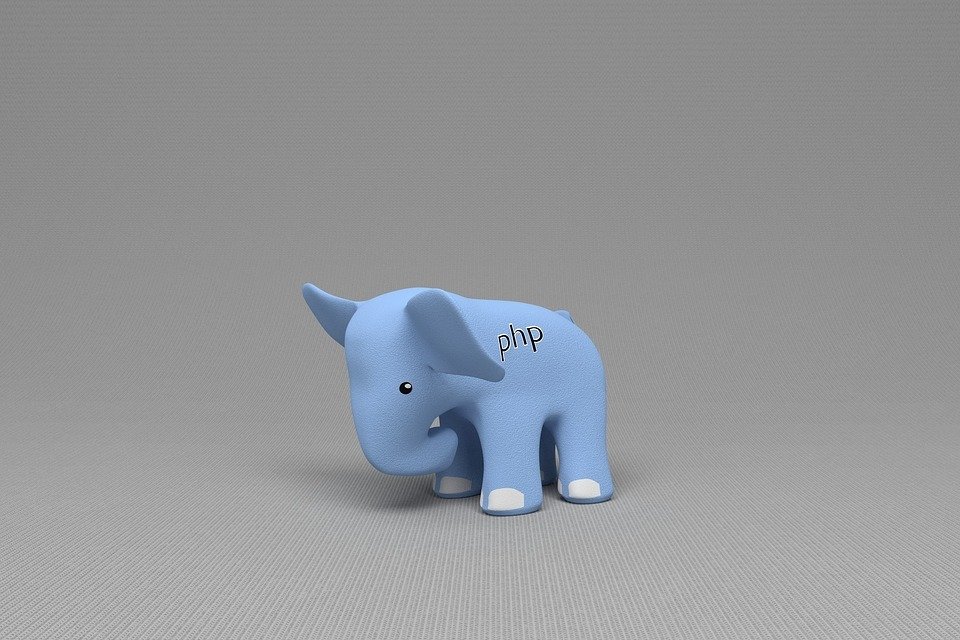
Advancement in science and technology has made it easier for businesses to buy and sell their products online. The world has gone digital, with important brands, personalities, celebrities, and even sports teams having their own website and digital presence. All of this, in some way, has PHP to thank for its popularity and business. PHP is one of the world’s most used scripting languages, with over 83% of the world’s websites relying on it. Top PHP development companies across the world know how important PHP is to web design and development. Though originally conceived by Raymond Lerdoff as a language to help him manage his personal web page, the extremely versatile language grew in popularity, becoming an official language in 1997. Initially called Personal Home Page, PHP now goes by the name Hypertext Preprocessor. So what are the top PHP development companies in and around India doing, and why do we need PHP frameworks? Here’s a look at everything you need to know about PHP frameworks and which one will suit your website the best!
Why Should You Use a PHP Framework?
- Helps to organize and manage code easily
- Provides access to several libraries and tools that help you filter, abstract, and manage your code
- Gives you tools that help with form validation
- Perform tasks such as database abstraction and cookie handling with ease
- Helps in following the MVC structure or architectural model
- Helps in streamlining the process of development
- Improves efficiency and requires less code
- Provides better security by allowing filtering
- Helps when a team is responsible for developing a website
- Has an active community supporting it
Which PHP framework to Choose?
The main factors to consider are:
- Security
- Built-in features
- Application
- Ease of use
- Scalability
- Documentation
- Processing power
- Compatibility
- Processing speed
Therefore, to choose the right framework, you need to fully understand your application, and the features you want it to have. Therefore, analyze the project and try to make out what it requires. Make a list of these requirements and then compare it with the facilities provided by each framework to get a good idea of which to include and which ones to avoid.
Three Best PHP Frameworks for 2020
1. Laravel
- The most widely used framework ever since 2015.
- It simplifies the process of login, authorization, and page access controls
- Comes with a lot of extra resources and features
- Supports several OOP libraries and pieces of code
- Includes tools like Artisan which help automate and simplify the process of coding
- Supports MVC architecture
- Came out in 2011 and has since then dominated the PHP framework market
- A favorite of top PHP development companies in India
- Handles even the most complex applications flexibly and securely
- The top PHP development company in Chandigarh, Xornor Technologies believes that backend processing is an integral part of maintaining a good website. Laravel is so loved because it makes it easier to manage complicated backend needs.
- Highly intuitive, user-friendly, and secure, making it suitable for big projects
- Since it is an open-source project it is available free of cost to everyone who might want to use it
- Comes with a template engine that helps you build abstract layouts and add dynamic content to your web page with ease
2. CakePHP
- An open-source PHP framework that provides 100% backward compatibility
- It is very easy to update and upgrade
- Considerable consistency regarding the release of new versions
- Has the power to automate most of the work thanks to the usage of skinny controllers and fast-paced routing
- Comes with an MIT license, making it the best license if you wish to build large commercial or business applications
- Allows and even encourages code reusability, meaning that snippets of code can be reused from various sources
- Promises quick development due to the integration of code from different libraries
- Does not require any XML/YAML files to run, making it easier to set up when compared to other frameworks
- Provides several kinds of security features such as validation, XSS and SQL prevention, and even CSRF protection
- Comes with a plethora of built-in functionalities and features such as translation and caching
- Visually impressive and heavy on features
- Implements the Create-Read-Update-Delete method of working, known as CRUD
3. Symfony
- Serves as a PHP framework and also as a collection of libraries.
- Extremely flexible and reliable
- Provides long-term support and compatibility
- Extremely easy-to-test code
- Provides complex, well-reserved, and concise documentation
- Allows for maximum scalability, thanks to options such as join and propel
- Functions and processes data faster than other frameworks
- Built-in HTTP cache handling
- Comes with several high-end features such as ESI
- Provides several reusable PHP snippets and components, thanks to its database aggregator
Are PHP frameworks difficult to maintain?
Having the right PHP framework to build your projects is only the first step to building and running an efficient website. Another important part of this process is running the framework and handling errors and exceptions. A good PHP workflow requires the tracking of errors and the handling of run-time discontinuities and fallacies. Therefore, you need to ensure that your PHP framework is closely monitored to prevent it from crashing later on. In case you do not have an external PHP development company looking after your website, you can make use of third-party crash report tools to run your own diagnostics.